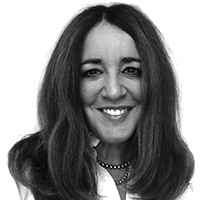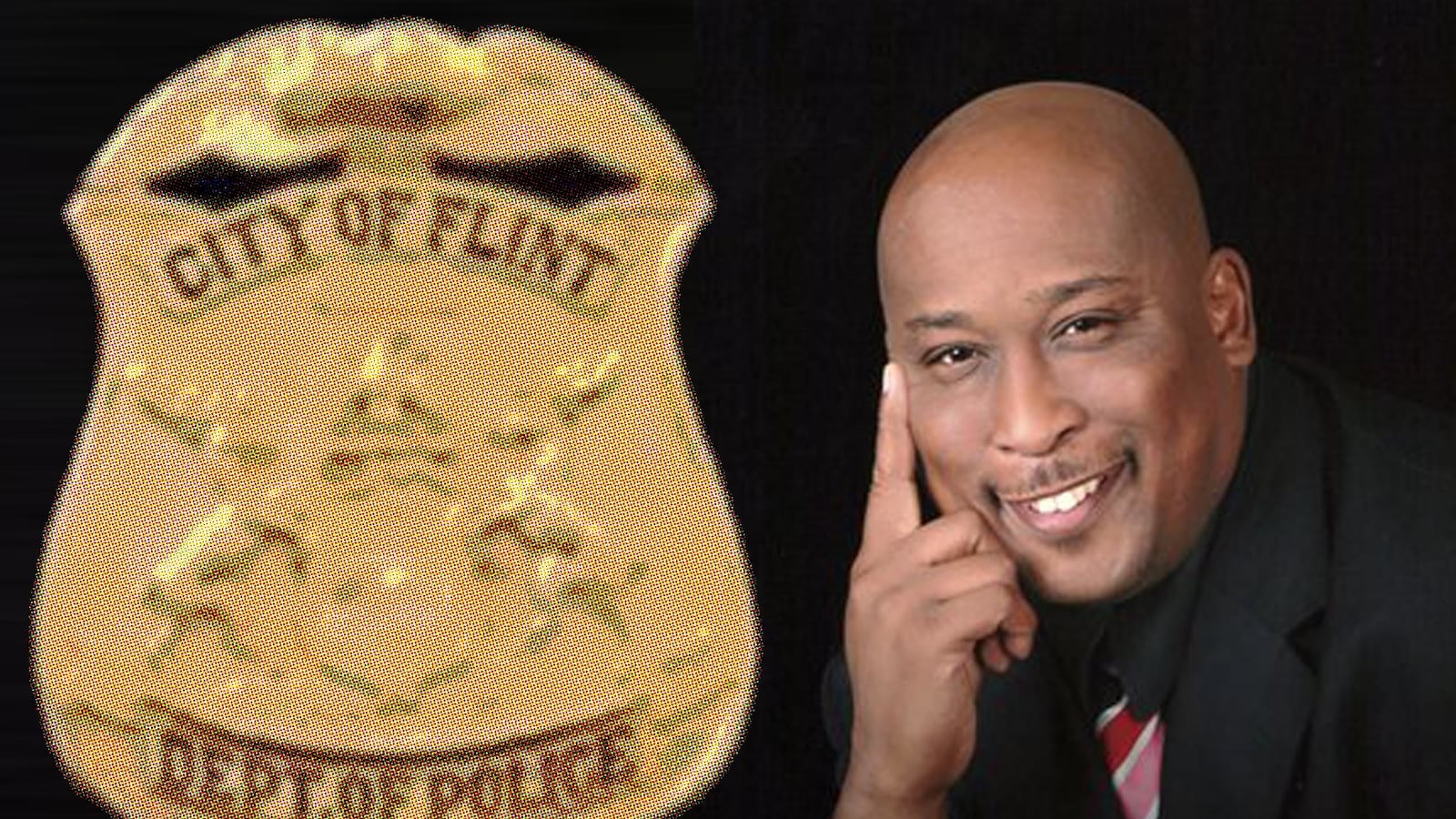Brian Willingham, a black police officer in Flint, Michigan, is sometimes called names by whites when he’s on duty.
“If you don’t agree with some of them, they’ll pull the race card,” he said in a post-shift phone interview. “I’ve had people call my dispatch and say, ‘Send me another officer out here because this black officer is racist.’”
Just as often, and to more stinging effect, the adjectives come from black people in this town an hour north of Detroit.
“They’ll call me a sellout or something, or expect me to cut them some special slack. Or they want me to get involved with something I can’t. It’s like someone’s always trying you.
“But I’ve always tried to be in the trenches with people if I can, to show them another side.”
That side is volunteering extensively in his hometown of Flint, and recently, pastoring Charity United Methodist Church. There’s something, Willingham said, about policing a community in which one is raised and live.
“Just knowing the landscape, the culture… there’s a great comfort and advantage to knowing your surroundings and being secure. But the main thing is service to your community,” said Willingham, who has been a Flint cop since 1998, when he left the U.S. Army.
Often, cops who work in inner cities don’t share social environments with those they serve, and so have limited interaction with residents outside of uniform.
“In urban settings the police control the community, and in suburban communities it’s the other way around. I’m in the suburbs and I’m making $30 an hour, but my clientele are professionals earning six figures. So it’s also a class thing,” said Willingham, 49, who recently wrote a book titled Soul of Black Cop.
“That’s one of the reasons blacks were specifically hired, to deal with the black community. That’s why we need more black cops. But at the end of the day, it’s all about how effective you are.”
Willingham said he doesn’t believe race was much of a factor in what transpired between Michael Brown and Darren Wilson in Ferguson, Missouri.
The father of two young men, Willingham said he is pained by the unarmed youngster’s death. In no way, he said, did Brown deserve to die for what began as petty theft. As a black man, he felt conflicted about what he came to came to view, at least from a cop’s perspective, as the right grand jury decision.
“What happened to Brown far outweighed what he did. But what he did set in motion a series of events that ended in his life being lost. If he doesn’t do that, the officer doesn’t have to respond, they don’t cross paths. If you’re a young black man in America, and you go down to the corner store and snatch things that don’t belong to you, and now somebody calls the police on you, you’ve just set in process a chain of events that, God only knows how will turn out.
“So to see this thing magnified from a racial aspect, I feel like we’re doing an injustice to all the young black men in America who are watching this unfold. We need to reinforce the message that decision-making, the power of choices, is also important. In an instant that officer made a choice, just like Brown made a choice.”
Willingham often wonders how he made it out. Not out of Flint—he’s never tried to work elsewhere—but of a neighborhood not exactly brimming with good role models. Decades ago, Flint was humming with production of General Motors cars and the city prospered. Then it all went away by the time Willingham was growing up as an only child to a mother whose alcoholic, auto-worker husband beat her.
Not everyone made it out of this environment though, like Willingham’s friend from elementary school.
“By the time we were 15 or 16, he was stealing cars. By the time we were out of high school he was in prison. By the time we were in our forties he was just getting out of prison,” he said. “I had gone back to the neighborhood, like I do a lot, and we sat and talked, kind of caught up. He was talking about getting out of the life and maybe work with me to help kids.”
Willingham soon suspected his buddy was involved in bad stuff. Two months later, his friend was found murdered.
Sometimes he encounters old friends in the course of duty.
“I’ve had to arrest people I know,” he said, adding that the community views him on a continuum of pride on one end; contempt, the other. Sometimes it depends on the day. Indeed, he said, race can add a layer of fraughtness to the already-complicated relationship between cops and those they’re charged to serve.
For most officers, he included, work is much less about race than instinct and training, although he said he’s witnessed plenty of insensitivity by white cops toward blacks.
“And that allows police to do some of the things they do to us. But there’s history and context to all of that. Bottom line is, I can do my job as a cop and still sympathize with the plight of people who look like me,” he said.






